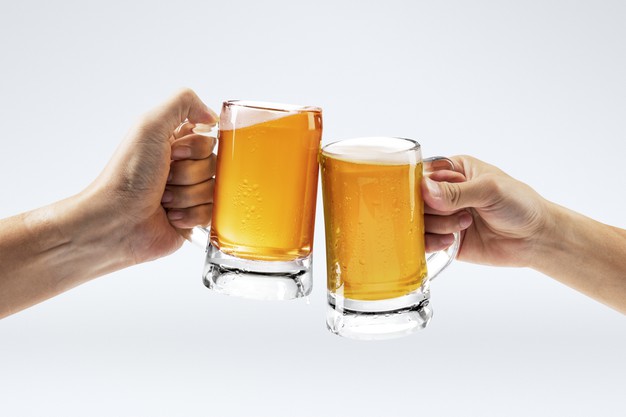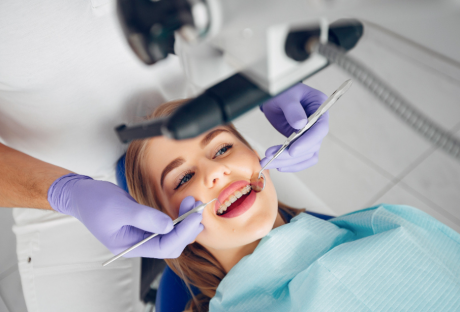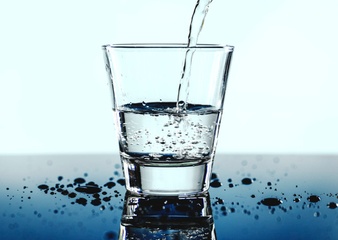The preferred alcoholic beverage for millions over the world has strong health benefits. Yes, you read that right. As compared to other forms of alcoholic beverages, beer is healthier, has a positive impact on your body, and allows you to keep critical illnesses at bay.
For a very long time, scientific studies and health studies have shown how beer drinkers tend to live longer, have better cognitive abilities, and lowers stress.
While a lot of reports state that wine has several anti-oxidants, the same can be said for beer as well. Its core ingredients are hops and barley, both of which are known for their anti-oxidant properties.
In the following section, we take help from experts at Melvin Brewing to try and understand how beneficial beer is for your health.
Beer has a Positive Impact on the Mental Health of an Individual:
The natural properties of beer allow it to be a great agent for helping improve the mood. In other words, it helps majorly in lowering stress levels, reduces anxiety, and prevents people from getting into depression.
The same cannot be said about harder alcoholic beverages like whiskey, vodka, rum, or gin.
It should be pointed out that the above observation has been pointed out in the case of moderate drinkers. Heavy drinking is likely to reverse this and add to additional stresses and pressures.
However, if you are drinking socially, with friends or colleagues once or twice a week in moderation, you can experience lesser fatigue levels and a more productive brain.
Beer is Great for your Kidney and Helps Lowers Cholesterol:
Studies have shown how drinking beer prevents the risks of kidney stones. Experts have pointed out that beer has a natural filtration process when it goes inside the body. This helps it remove any internal impurities and allows the same to be excreted out of the body through urine.
As we have already mentioned, beer contains natural fibers like hops and barley. These fibers play a positive role in the reduction of LDL or bad levels of cholesterol. Fibre has been known to have several positive effects on the human body. It helps with maintaining blood sugar levels and controls cholesterol levels within the body.
However, heavy drinking is likely to have the reverse effects as it reduces the body’s power to naturally absorb minerals and vitamins that come from dietary sources.
Does Beer Help Improve Memory Focus and Brain Functions?
According to the American Journal of Epidemiology, moderate drinking of beer promotes cognitive abilities. Why? Because hops, the major ingredient in beer has a property called ‘Xanthohumol’. This chemical is a proven agent that prevents brain and memory degradation.
Similarly, historically, advanced civilization has attributed drinking to improving brain focus, attention, output, and productivity. Beer has selectively been seen to boost the retention power of the brain in many research subjects.
Again, it should be pointed out that we are talking about drinking in moderate doses and not heavy ones. The positive effects can only be experienced if the individuals are drinking beer in moderate doses of one or two glasses per week.
The Final Word:
You would be surprised as we were when we first came across the positive health benefits of beer drinking. We tried to dig deeper and found that medical experts did not want to publicize the same for fear that this would act as a license to give drinkers the right to drink more.
To conclude, beer has several positives, but only when it is consumed at moderate levels. If you are looking to add to the list of benefits, might we suggest you use the comments section and add to the list of health benefits of drinking beer?























